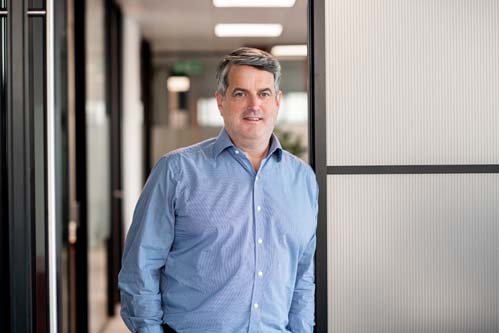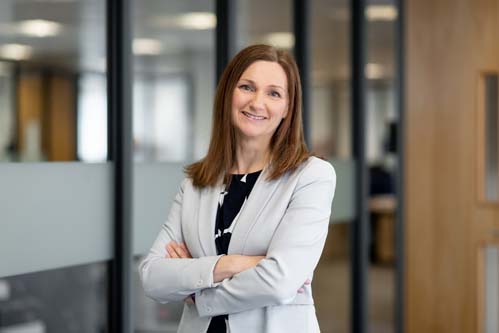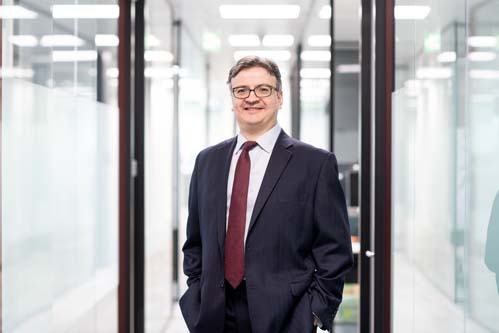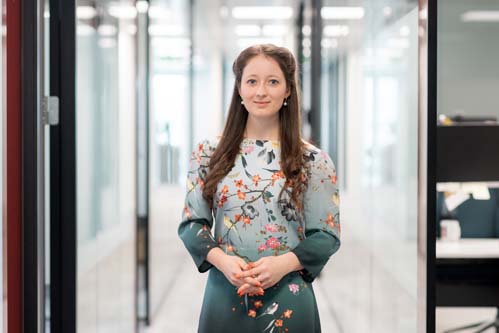As industries advance, there is a need for new materials having particular improved characteristics, such as specific physical, chemical and/or electronic properties. Innovation in the materials sector lies not only in the development of such new materials but also in new material processing and characterisation methods, as well as novel uses of known materials.
The materials team
The materials team brings together technical expertise across a broad range of specialisms, including materials science, metallurgy, solid-state chemistry, inorganic chemistry and organic chemistry. Our materials clients range in size from university start-ups and SMEs to major industrial companies. Because of the highly multidisciplinary nature of patent work in the materials field, we frequently draw upon the experience of our colleagues working in the electronics and engineering sectors to provide a complete service for our clients.
Many of our staff have direct industry experience with clients, having completed secondments with major manufacturers. This experience is invaluable in ensuring that we have a deep understanding of how businesses within the sector operate and that the commercial needs of our clients are always at the forefront of our advice.
What sets us apart
We are collaborative in the way we work, meaning that we always put the best teams together for each individual matter entrusted to us by our clients. The depth and breadth of our technical expertise is critical to achieving success for our clients in the materials sector, in which patents can stand or fall based on the quality of the data that is included and the way in which it is presented.
As well as drafting robust, well thought out patent specifications and taking them through to grant, we excel at providing high-level strategic advice. We have particular experience in opposition and appeal proceedings before the EPO, with an enviable track record. We typically undertake 50 to 70 patent hearings a year within the materials team. We also contribute annually to the Patent Litigation Law Review, where we author a chapter on Oppositions and Appeals at the EPO.





























